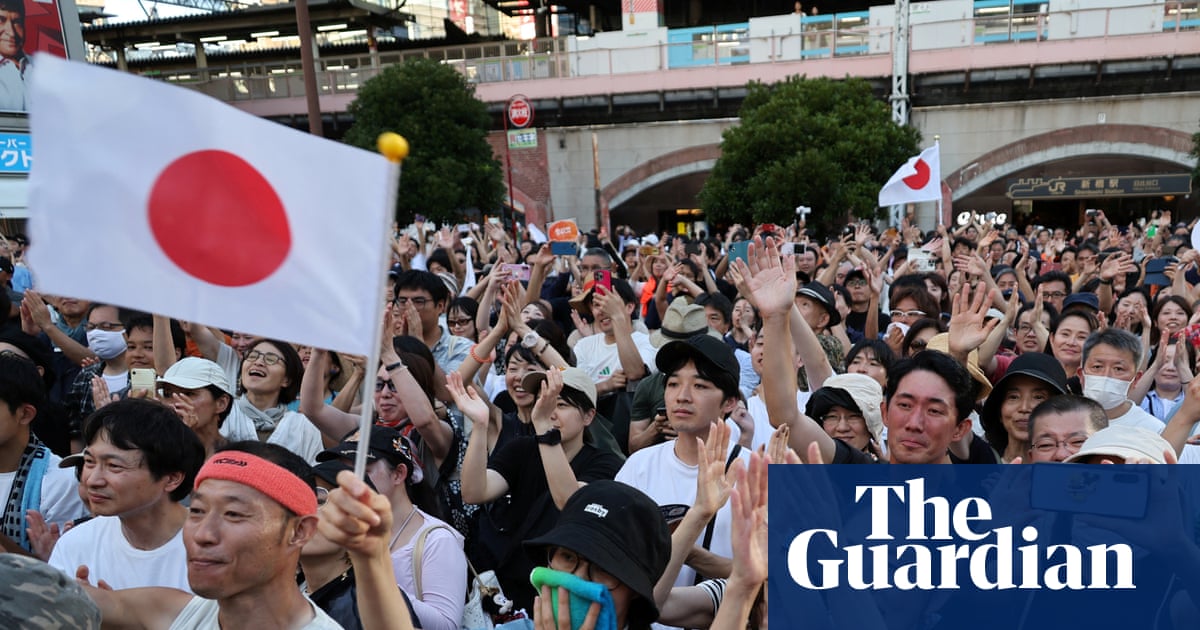
"The emergence of a right-wing populist party in Japan's upper house election running on a Trump-style Japanese First slogan raises concerns of a backlash against the growing foreign presence."
"Sanseito's new contingent of 14 upper house lawmakers, up from a single seat in the previous election, highlights a shift driven by economic insecurity and discomfort with change."
The Sanseito party's emergence in Japan's upper house election signifies rising concerns over foreign presence, influenced by economic insecurity and increasing tourist numbers. With 14 lawmakers, the party capitalizes on fears around immigration while acknowledging the necessity of foreign labor. This political shift occurs amidst record foreign residency and property price inflation, leading to a cultural backlash. Social psychology insights indicate that when citizens feel their survival is threatened, they become more patriotic and xenophobic, impacting attitudes toward foreigners and changing Japan's previous openness in the 1980s.
Read at www.theguardian.com
Unable to calculate read time
Collection
[
|
...
]